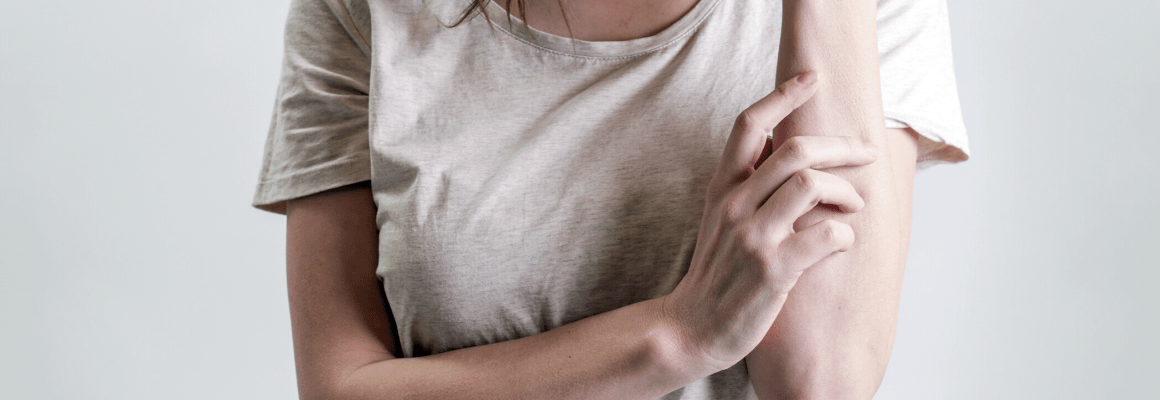Eczema is an inflammatory skin condition characterized by rough, dry, and red patches of skin. Because one of its most prevalent symptoms is itchiness, many sufferers attempt to find relief through creams, dietary and lifestyle changes, and natural products ― such as eczema honey.
While honey cannot “cure” eczema, it certainly can help manage the symptoms and prevent flare-ups. Read on to discover the benefits of honey on eczema and learn how you can use this sweet substance to soothe your itchy skin.
Benefits of Honey
For thousands of years, humans have been using honey as a natural healing agent. Not only is it useful for healing wounds and soothing burns, but it also boosts the immune system by helping the body fight off infections. Thanks to its antibacterial and anti-inflammatory properties, honey is also great at soothing a variety of dermal problems such as eczema, psoriasis, and allergic reactions.
Additional skin-saving benefits of honey:
- Anti-aging: Because it is full of antioxidants, honey can help prevent or reduce face wrinkles.
- Extremely Moisturizing: Looking for a complexion boost? The moisturizing effects of honey help give your skin a natural glow.
- Antibacterial: Naturally antibacterial, honey helps treat and prevent acne.
- Cleansing: Honey is cleansing and helps opens up pores.
Eczema Honey
Applied directly to eczema, honey helps prevent infections while moisturizing the skin and boosting the healing process.
Its ability to maintain moisture can provide the much-needed relief to dry, itchy or flaky skin associated with eczema. In addition, if persistent scratching causes the skin to crack or bleed, the healing powers of honey can aid in wound healing while its antibacterial properties can fight off infection.
Finally, honey is 100% natural, making it gentle enough to use on sensitive skin.
Why Use Manuka Honey
What’s the difference between regular honey and manuka honey? While most honey has natural levels of hydrogen peroxide, manuka honey has a unique enzyme known as methylglyoxal. In fact, Manuka honey has 1,000x more methylglyoxal than regular forms of honey. This compound provides manuka honey with its anti-bacterial and anti-inflammatory properties and makes it especially useful when dealing with chronic skin issues, like eczema.
In short, while standard raw honey aids wound healing, the additional antibacterial properties found in Manuka honey make it specifically beneficial to combat topical infections that eczema patients are vulnerable to.
How to Use Honey on Eczema
While you can apply Manuka honey directly to the skin, it can be a messy, sticky experience!
We find it best in cream form that can be applied to either dry or damp skin. This Skin Soothing Organic Manuka Honey Cream is a creamy, oil-based balm without any sticky residue. Rich in emollients, it’s effective at moisturizing even the driest of skin. Kids love the soft, sweet honey smell and your skin will adore the buttery texture.
Made with six, all-natural ingredients, it can be applied anywhere on the body, even delicate parts like eyes and lips.
For an extra boost of healing, try with wet or dry wrap therapy. This involves layering the Manuka honey cream with a wet layer or a dry layer such as these eczema bandages. Made from all-natural fibers, the bandages allow emollients to safely penetrate the skin and help lock in moisture.
Have you used honey on eczema before? Let us know on our Facebook page!
References:
https://www.medicalnewstoday.com/articles/324228.php










